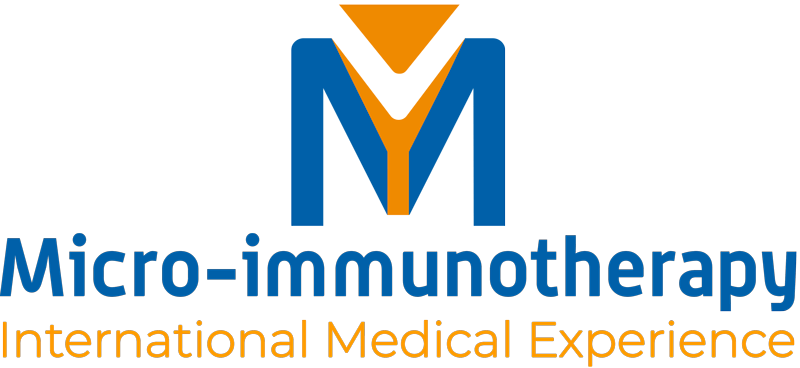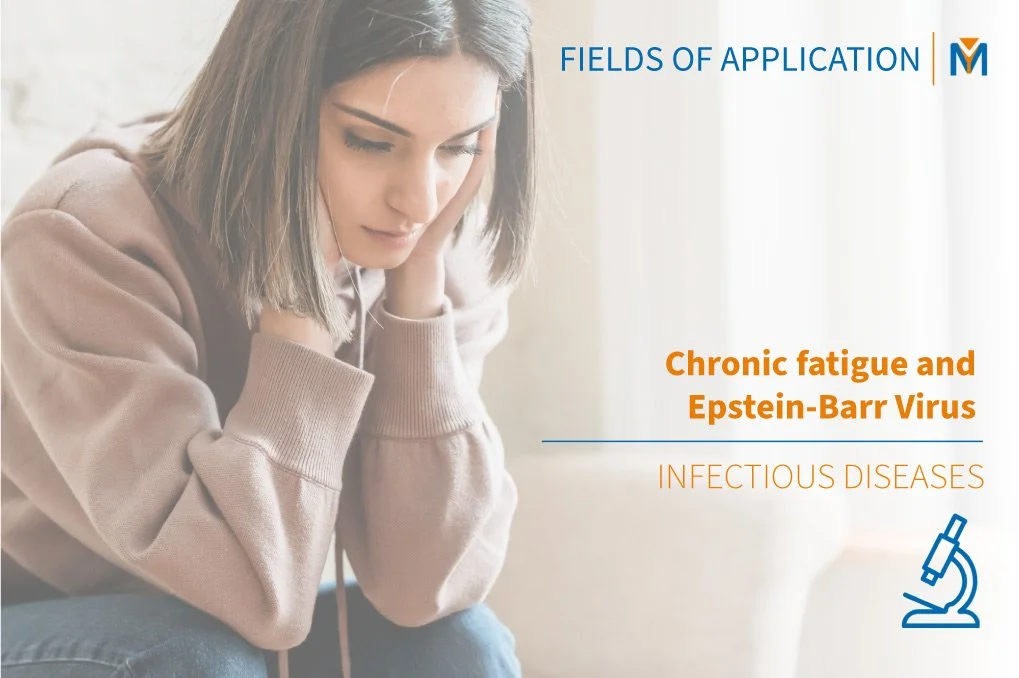How does the defence mechanism against infections work? Why does it sometimes go wrong or, for some, never actually work during the cold season? What can be done to strengthen immunity and prevent infections?
How do infections occur?
Infections are caused by microorganisms entering the body and proliferating, thus triggering an immune reaction from the host defence. Bacteria and viruses are the most common triggers of infections, although fungi and molluscs such as worms also set off an immune response. In colds or flu-like infections, transmission usually occurs through droplets, either airborne or on surfaces.
Viruses and bacteria are mainly transmitted through:
How does the defence mechanism against infections work?
– The immune response to an infection
What are the stages of an infection and the immune response it triggers?
There are eight main stages:
- Pathogens cross protective barriers (skin or mucosa)
- Innate immunity is activated
- Ideally, pathogens are neutralised
- If the innate immune response is insufficient, the adaptive immune response comes into play
- Innate and adaptive immunity work together to bring the infection under control
- Once the pathogen is neutralised, the defence reaction finishes
- Last but not least, macrophages clear the cell debris (the “leftovers”) and repair the tissue
- An immunological memory is created
– Factors impairing the immune response against infections
Just as any complex system, our body’s defence system is dependent on each party involved performing its task properly. Various factors can potentially disrupt the balance of our immune system, so-called immune stressors, thus increasing the risk of infections and other diseases. These include:
Certain medication (e.g. antibiotics and antipyretics), especially if prescribed rapidly and inappropriately, may also impair the complex and fine-tuned defence system.
In turn, chronic or persistent infections can also cause an immune imbalance. For example, it is known that herpesviruses such as the Epstein-Barr virus can impair immune function and trigger various disorders like recurrent infections. Besides, pathogens have developed multiple strategies to evade the immune response.
Micro-immunotherapy & Infections
In winter and autumn infections, micro-immunotherapy is aimed at supporting the defence mechanisms in their fight against pathogens and bringing the infection under control. Micro-immunotherapy can be used to reduce the duration and intensity of the symptoms in an acute infection. However, it is recommended to start with prevention in time to enjoy an easygoing cold season in all its facets with good health and free of infections.
– Fields of application:
- Prevention of infections
- Non-specific immune support in case of:
Of course, it is recommended to combine micro-immunotherapy with healthy habits in order to optimise its effect. Sleeping well, doing exercise, preventing or managing stress and ensuring the right levels of essential micronutrients such as vitamin C, vitamin D, zinc or selen, are all beneficial for the immune system and contribute to preventing or overcoming infections efficiently.
Read more on Infections & Micro-immunotherapy
- Moriyama M, Hugentobler WJ, Iwasaki A. Seasonality of Respiratory Viral Infections. Annu Rev Virol. 2020 Sep 29;7(1):83-101. doi: 10.1146/annurev-virology-012420-022445. Epub 2020 Mar 20. PMID: 32196426.
- Kudo E, Song E, Yockey LJ, et al.: Low ambient humidity impairs barrier function and innate resistance against influenza infection. Proc Natl Acad Sci U S A 2019; 116 (22): 10905–10
- Institut für Qualität und Wirtschaftlichkeit im Gesundheitswesen. Das angeborene und das erworbene Immunsystem. 2020. Online: [https://www.gesundheitsinformation.de/ das-angeborene-und-das-erworbene-immunsystem.html]
- Trivedi GY, Saboo B. The Risk Factors for Immune System Impairment and the Need for Lifestyle Changes. J Soc Health Diab:2020;8:25–28.
Would you like to access specialised content on Micro-immunotherapy & Infections?

Discover more about micro-immunotherapy for the treatment of infections by contacting us at micro-immunotherapy@micro-immunotherapy.com
If you are a doctor, a member of a specialist medical group or a therapist take this opportunity to request free and non-binding access to our professional area and enjoy additional content.











